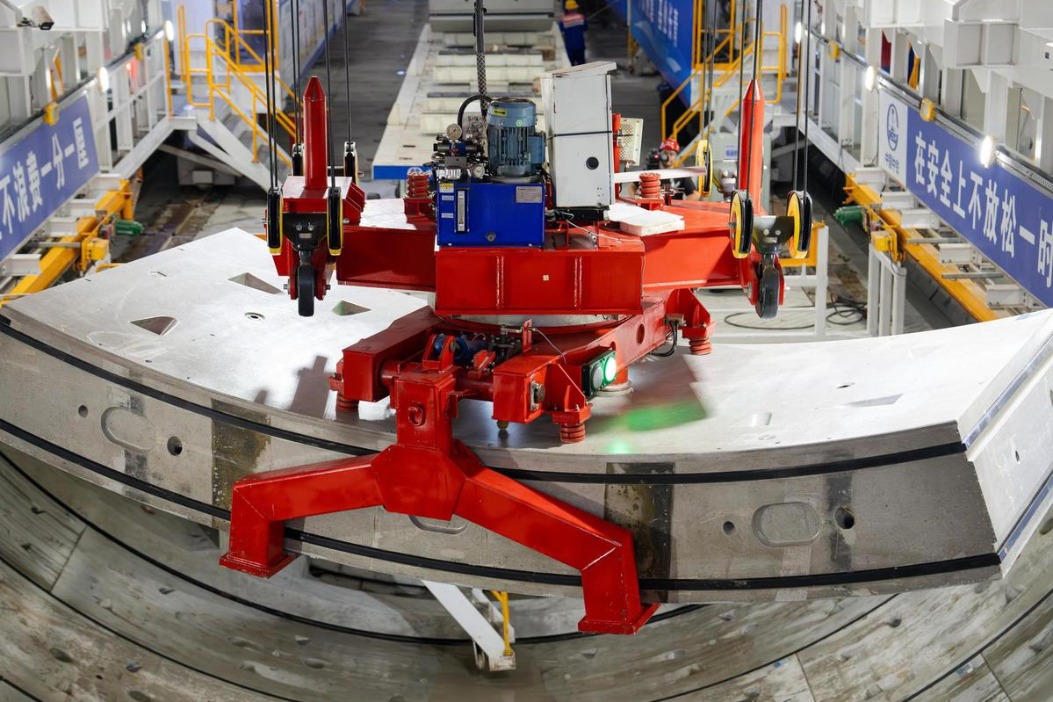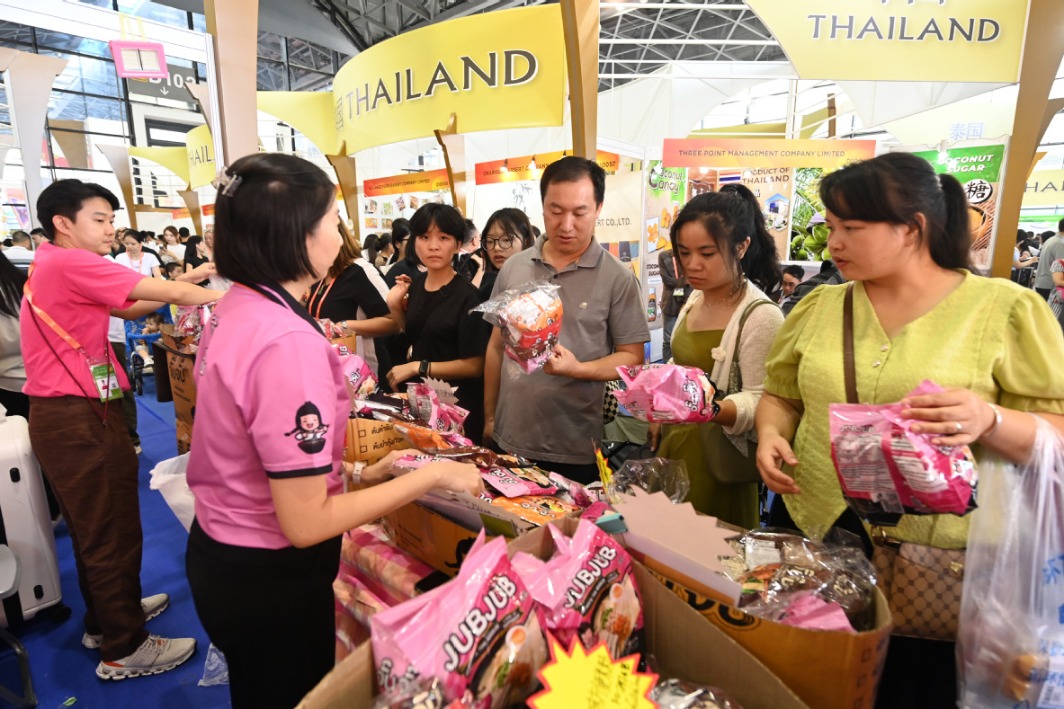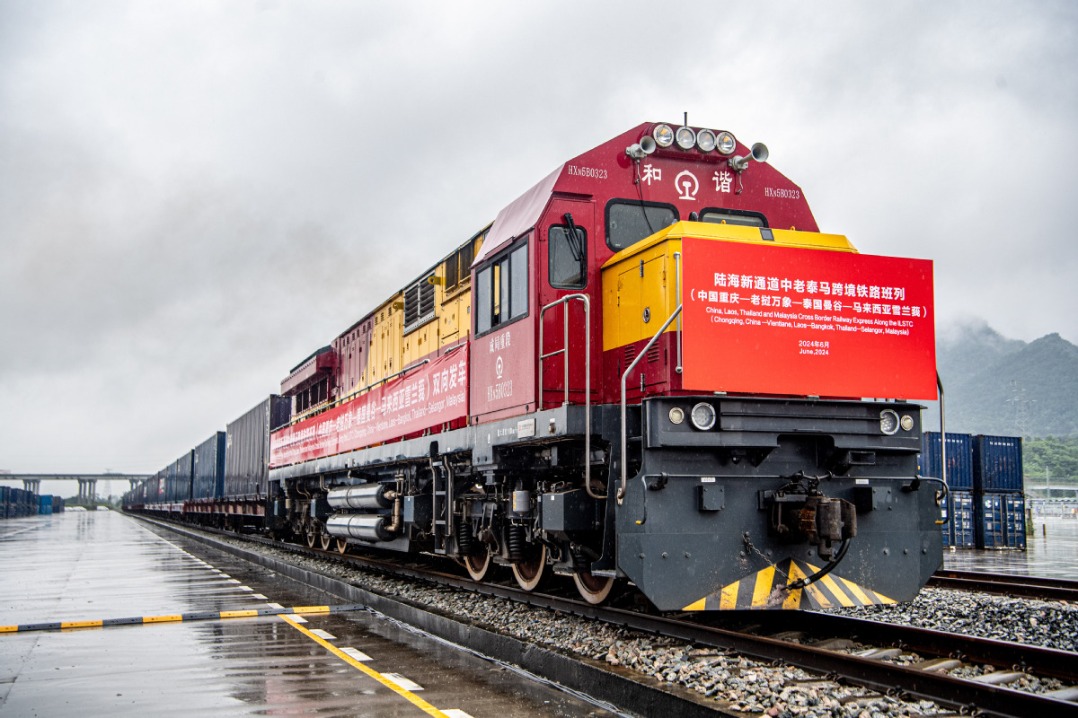Rio Tinto optimistic on China growth


The nation's efforts to reduce overcapacity in the steel industry will benefit global mining giant Rio Tinto Group Plc and others, rather than hurt their business interests, according to its CEO Jean-Sebastien Jacques.
The industry is undergoing restructuring in the country but the reduction in capacity does not mean a reduction in production, he said.
High quality raw materials are still necessary as the move entails a shift to high quality steel and shutting down of the smaller and more polluting blast furnaces while switching to the newest, largest blast furnaces, he added.
China has been witnessing massive overcapacity in its iron and steel sector and has vowed to reduce capacity. It plans to eliminate 100 million tons to 150 million tons of crude steel capacity in the five years from 2016. In 2017 alone, the country slashed its crude steel production capacity by more than 50 million tons, exceeding its annual target, as part of efforts to improve the competitiveness of the bloated sector.
The country also phased out the production of 140 million tons of low-quality steel made from scrap metal last year.
The industry's profitability has substantially improved, with major steel producers' profits surging 613.6 percent, according to data from the China Iron and Steel Association.
According to Jacques, Rio Tinto is well-positioned to provide the right product with the right quality to the right customers.
On the other hand, eyeing the rapid development of electric vehicles and batteries, Rio Tinto said the company would focus more on metals like copper and aluminum.

"As China shifts from fast speed development to high quality development, industries like electric cars will also drive up demand for copper and aluminum, and we believe such commodity demand will rise in the future as new energy vehicles will be prevalent on China's streets in seven to 10 years. As a multinational corporation, we aim to provide high quality products to meet the demand," he said.
Jacques, head of the world's second-biggest mining company, said China has been the company's biggest customer and Rio Tinto generates more than 44 percent of its global revenue from the country, supplying lots of products including copper and iron ore for steel, and bauxite for aluminum and diamonds.
Jacques said the mining group welcomes the Belt and Road Initiative, which would lead to infrastructure improvements and drive up demand including copper and aluminum, while providing a boost for companies in related sectors.
"Infrastructure is fundamental to global growth," he said adding that, "It underpins communities and builds nations. China has shown the world what can be achieved."




































